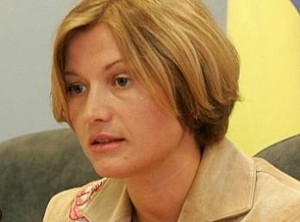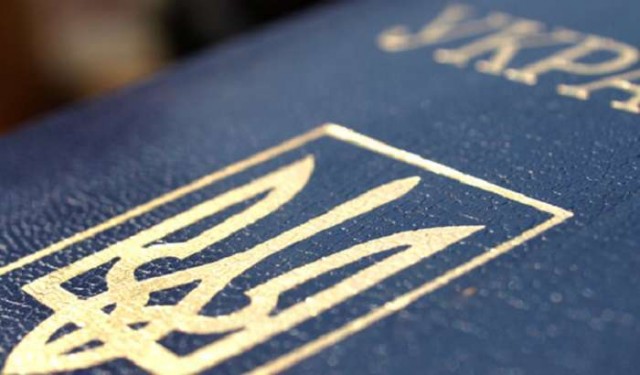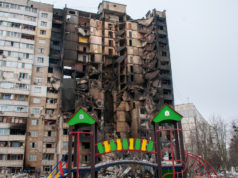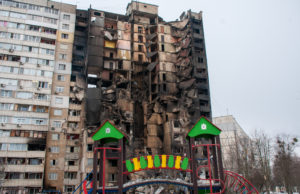Ukraine wants to revoke the citizenship for terrorism and hatred for the country. The Presidential Commissioner for the peaceful settlement of the situation in Donetsk and Lugansk regions, MP, Irina Gerashchenko expressed this idea citing France as an example where the parliament voted for changes to the Constitution allowing deprivation of the citizenship of those who were convicted of terrorism.
 “We are studying different international experience. Not only the experience of amnesties. We are studying the experience of deprivation of citizenship for terrorism and hatred of our country,” Irina Gerashchenko wrote on her Facebook page.
“We are studying different international experience. Not only the experience of amnesties. We are studying the experience of deprivation of citizenship for terrorism and hatred of our country,” Irina Gerashchenko wrote on her Facebook page.
Political analyst Konstantin Bondarenko said that Irina Gerashchenko’s statement at least contradicts the Constitution of Ukraine, according to which no one citizen of Ukraine can be deprived of citizenship. According to him, the process of making amendments to the Constitution may be initiated, but it is unlikely to get the support from the current composition of the Verkhovna Rada.
“This is a wide field for misuse, as it was in Soviet times. Any criticism of the government or protection of human rights can be regarded as an anti-state activity,” stated the analyst.
A spokesman for the Commissioner for Human Rights, Mikhail Chaplyga wonders which legal framework will regulate the concept of “hatred for his country”. In case if such a mechanism will appear, then, in his words, it may be implemented as a “gray passport” in Estonia.
“It is a phenomena of a stateless person who can not vote in the Parliament elections, serve in the police, is limited in a number of other rights. But, in fact, under international law, the state can not turn the citizens to stateless persons,” said Mikhail.
If, nevertheless, the idea of deprivation of citizenship is approved, the court will decide this matter. “But, in practice, to prove these things will be very difficult because we all have the right to freedom of expression. And after deprivation of the right to vote we will build a totalitarian state,” said the lawyer Rostislav Kravets.














